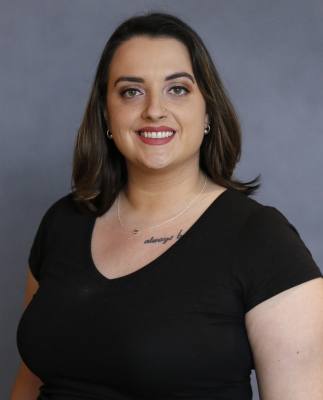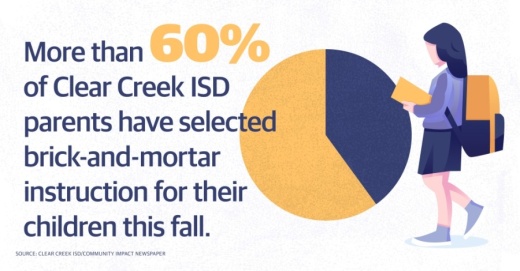Gibson Consulting Group was hired in August 2018 after several parents raised concerns and protested against CCISD, claiming its special education students are abused by district staff and that staffers are not properly trained to best educate their children. In March 2019, Gibson released its report, which showed the district has many strengths but also several areas in need of improvement.
The report contained 27 recommendations related to professional development, data usage and parent-administrator relationships, among others. Before the pandemic, 15 of those 25 recommendations were in progress or complete.
Steven Ebell, deputy superintendent of curriculum and instruction, and Michele Staley, director of special services, said Aug. 24 that five recommendations are left to complete, as 11 were completed in 2019, and 11 were completed in 2020.
CCISD fell off track in 2019 with its completion timelines, Staley said, but is now trying to compensate for delays.
“We want to complete them with fidelity; we want to implement them well, so we caught up in 2020,” she added.
According to the Gibson report, the five recommendations still left to complete are as follows.
- "Set expectations for both general education and special education staff to participate in joint learning walks to improve instructional practices across all classrooms within schools."
- "Routinely track and monitor [Response to Intervention] data to identify campuses that require additional support."
- "Ensure that all students whose behavior interferes with their learning have a Behavior Intervention Plan."
- "Accelerate the use of digital teaching and learning to differentiate instruction and personalize learning for students with disabilities."
- "Implement effective strategies to address the disproportionate number of special education students in discretionary placements."
For some students with special needs, the revised safety policies and changes to the school day amid the COVID-19 pandemic make in-person learning this fall not feasible, according to public comment from parents at past board meetings. Still, 65% of the district’s 42,500 students will return to brick-and-mortar classrooms by Sept. 14.
While officials said they initially thought a new admission, review and dismissal committee meeting would be necessary for each special education student choosing to learn remotely, Texas Education Agency guidelines have since clarified that a move to virtual instruction is not considered a change in placement, district officials said Aug. 24. This will result in far fewer ARDs needing to be revised, officials said.
Special education students who are learning in person but are unable to follow directions for emergency drills or situations have individual safety plans, Staley said, which are done separately from an ARD and were used before the pandemic. These plans can be amended to incorporate any concerns related to the pandemic.
Ebell also presented the district’s asynchronous learning plan for 2020-21 on Aug. 24, which was approved by the board at the meeting and will be sent to TEA. The plan, Ebell said, includes formative assessments to figure out how much knowledge students may have lost since last spring.
These assessments, along with the personal goal meeting time built into each day to accommodate asynchronous students who might be falling behind, will help educators devise individualized support networks for all students, including those with special needs, Ebell said.
Asynchronous learning got off to a rocky start in CCISD: The Aug. 24 meeting took place hours after the end of the district’s first virtual day, during which several software platforms necessary for instruction encountered major issues. Board President Laura DuPont encouraged students and parents, special education or otherwise, to be patient and keep trying.
“No one has missed the boat, and there’s always time to correct the course,” she said. “Please keep on showing up. Everybody’s looking forward to what's going to come of this year.”





